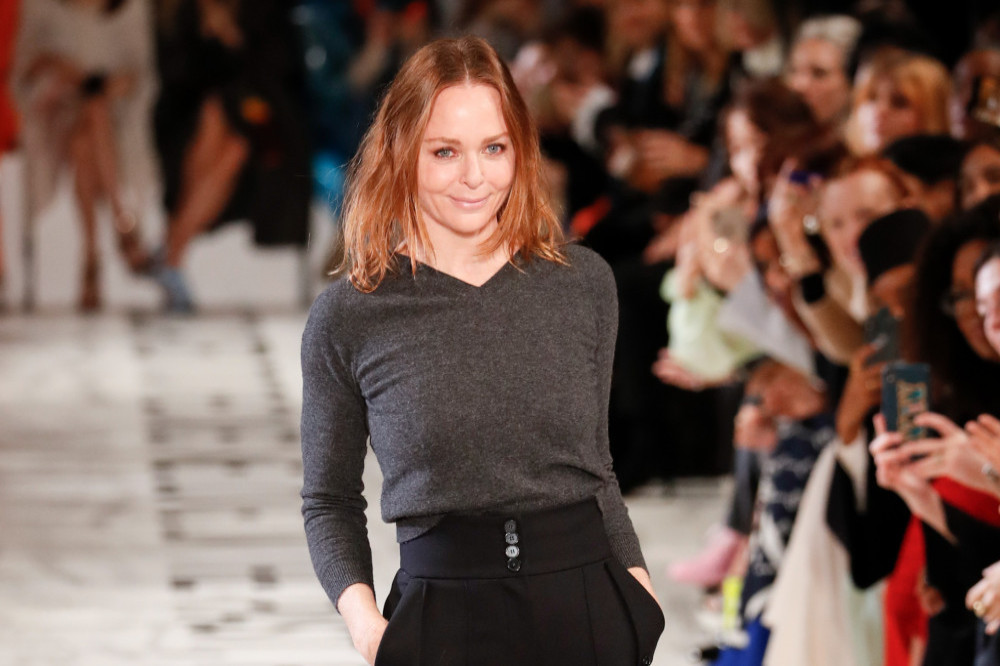Stella McCartney and Veuve Clicquot have teamed up to turn grape waste from champagne into vegan designer goods.

Stella McCartney is turning grape waste into Vegan accessories
The leftover grape stems have been used to make VEGEA, which is made up of 80 per cent "vegetal, renewable and recycled raw elements" and is sustainable. The fruit was grown at Veuve Clicquot's famous vineyard.
Stella McCartney herself said in a statement on her website: "I am so thrilled to be part of this first-of-its-kind partnership between a fashion house and a champagne Maison – connected by our shared passions for sustainability, craftsmanship and innovation. This collaboration is the perfect blend of my cruelty-free vision with Veuve Clicquot’s incredible natural ingredients, using waste to circularly create a luxurious alternative to animal leather that can be easily scaled and change the industry. You truly cannot tell the difference; this is a better way."
Recently, the luxury label teamed up with biological recycling firm Protein Evolution, Inc. to turn unwanted polyester and nylon into "good-as-new" products.
PEI uses enzyme-based technology to recycle synthetic fabrics and plastic while reducing its carbon footprint.
She commented: “The dreadful amount of fast fashion manufactured that ends up in landfills is absolutely astonishing, both in terms of the natural resources consumed and the sheer amount squandered. Circular and regenerative solutions provide an upbeat view of the future of fashion, and we must take action now to safeguard our world for future generations.”
And last year, Stella launched the first luxury bag made from mushroom leather.
Meanwhile, Stella recently admitted she found it "shocking" that she had to pay more tax sending non-leather goods to America than she would if she sent real leather.
The fashion designer and animal rights and sustainability activist urged President Joe Biden to change the way the country taxes goods and called for the fashion industry to be "policed" like other industries.
She told Vogue: “We’re not a policed industry.
“We’re not subsidised in a positive way. I get taxed on my non-leather goods going into America sometimes over double that of goods that are made up of animal leather—I take that into my margin, I don’t put that onto my customer. If I put pig leather onto that exact same product, the amount of tax can reduce significantly. To me that is shocking; I’ve spoken to people like Biden at the G7 and John Kerry [about it]. These are the kinds of things we have to change. We have to set in place penalties in our industry—the automotive industry has it; the airline industry has it.”
Tagged in Stella McCartney

